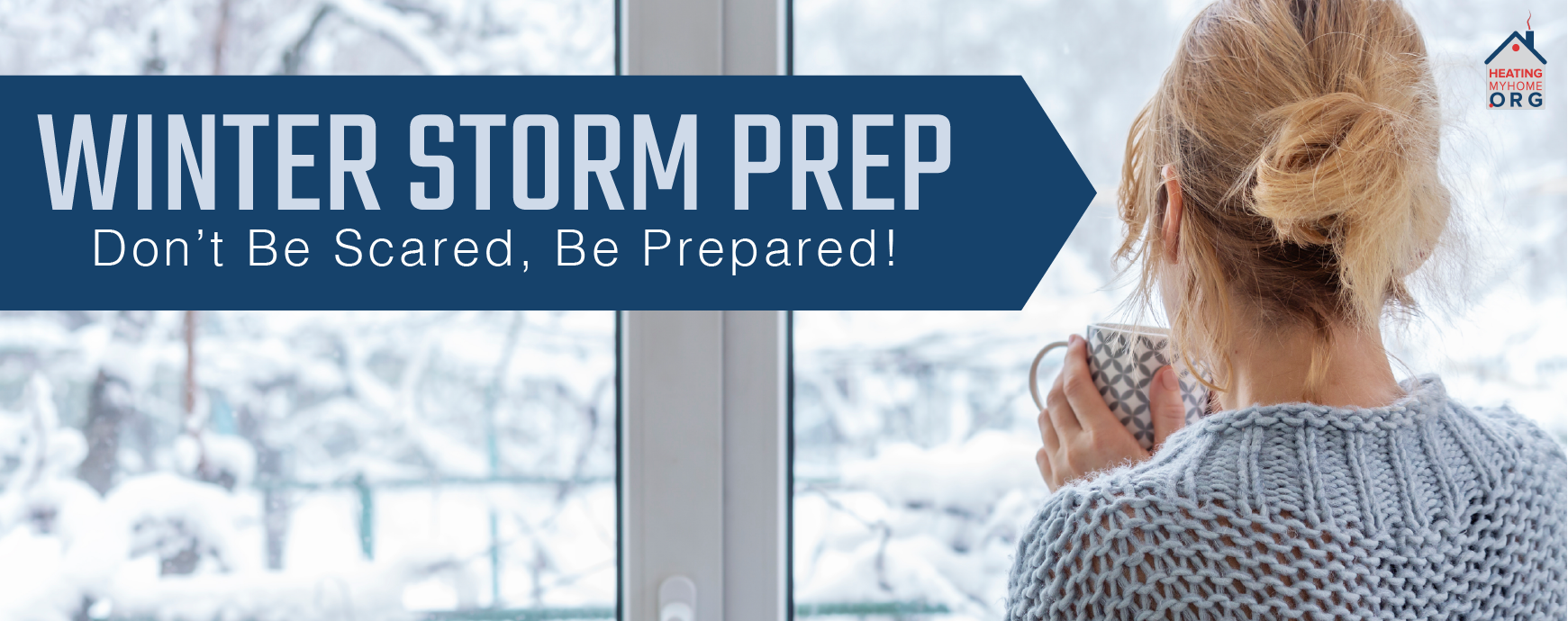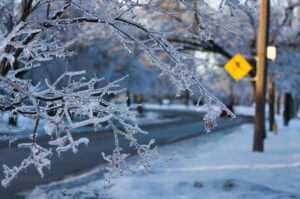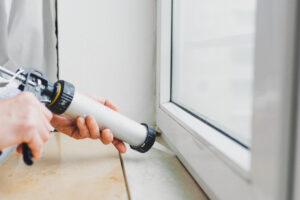Preparing your Home:
- Check your propane levels and set up your propane delivery before the storm.
- Create an emergency winter preparedness kit for your home that includes the following items:
- Water: at least three gallons of water per person
- Food, at least a three-day supply of non-perishable food per person
- Prescribed medications
- Battery-powered or hand-crank radio
- Flashlight and extra batteries
- First aid kit
- Whistle to signal for help
- Pet supplies
- A complete change of clothing and footwear for each person
- Bedding
- Important family documents
- Extra clothes and blankets
- Winterize your home by weather-stripping and insulating walls, attics and basements. It will not only allow your house to maintain heat but extends the life of your fuel supply, which can save money on heating costs.
- Run your faucets with a pencil width of water to keep your pipes from freezing.
- Insulate pipes that run through your walls and attic can help prevent them from bursting during the winter season.
- Know where the water valves are located in your home in case you have to shut them off to prevent pipes from bursting.
- Clean gutters to prevent ice dams from forming. Roof ice dams can cause water build-up, leading to interior damage.
- Clear storm drains along the curb to enable water to drain. If plugged, water has the potential to go into low-lying areas and flood basements.
- Have a backup heating source. A backup heating source will prevent pipes from freezing and keep your home warm in the event of an outage. Make sure that gas generators or fuel-based heating systems are vented outside to prevent carbon monoxide (CO) poisoning.
- Install battery-operated CO detectors near every sleeping area. CO poisoning is most prevalent when furnaces are turned on to fight cold winter temperatures or when people rely on portable generators for electricity during outages.
Preparing your Vehicle:
- Top off windshield washing solution, replace worn windshield wipers, and check antifreeze levels, car battery life, and tire pressure regularly throughout the winter season.
- Keep your gas tank at least half full at all times during the winter to avoid fuel lines freezing up and getting ice buildup in your tank.
- Keep an emergency preparedness kit in your vehicle stocked in the event you get stranded or stuck. Your car should always be equipped with a container of emergency supplies. Keep the following items in your kit:
- Small battery-powered or hand-crank radio
- Flashlight
- Extra batteries
- Cellular phone and charger
- Windshield scraper
- Jumper cables
- Shovel
- Extra blankets and clothes
- Flares
- Non-perishable food and bottled water
- First aid kit
- Tire repair kit and pump
- “Call Police” or other “Help” sign
BE SAFE:
During the Storm:
- Avoid overexertion when shoveling snow; this could cause heart attack or other health complications.
- Watch for signs of frostbite and hypothermia. See Extreme Cold
- Maintain ventilation when using kerosene heaters to avoid toxic fumes. Keep away from flammable objects.
- Drive only if it is necessary:
- Travel during the day.
- Update a family member or friend of the destination and travel timeframe.
- Stay on the main roads.
- Remember to take it slow on ice and snow.
- Avoid walking under heavily iced tree branches or buildings.
After the Storm:
- Check and restock the emergency supply kit.





